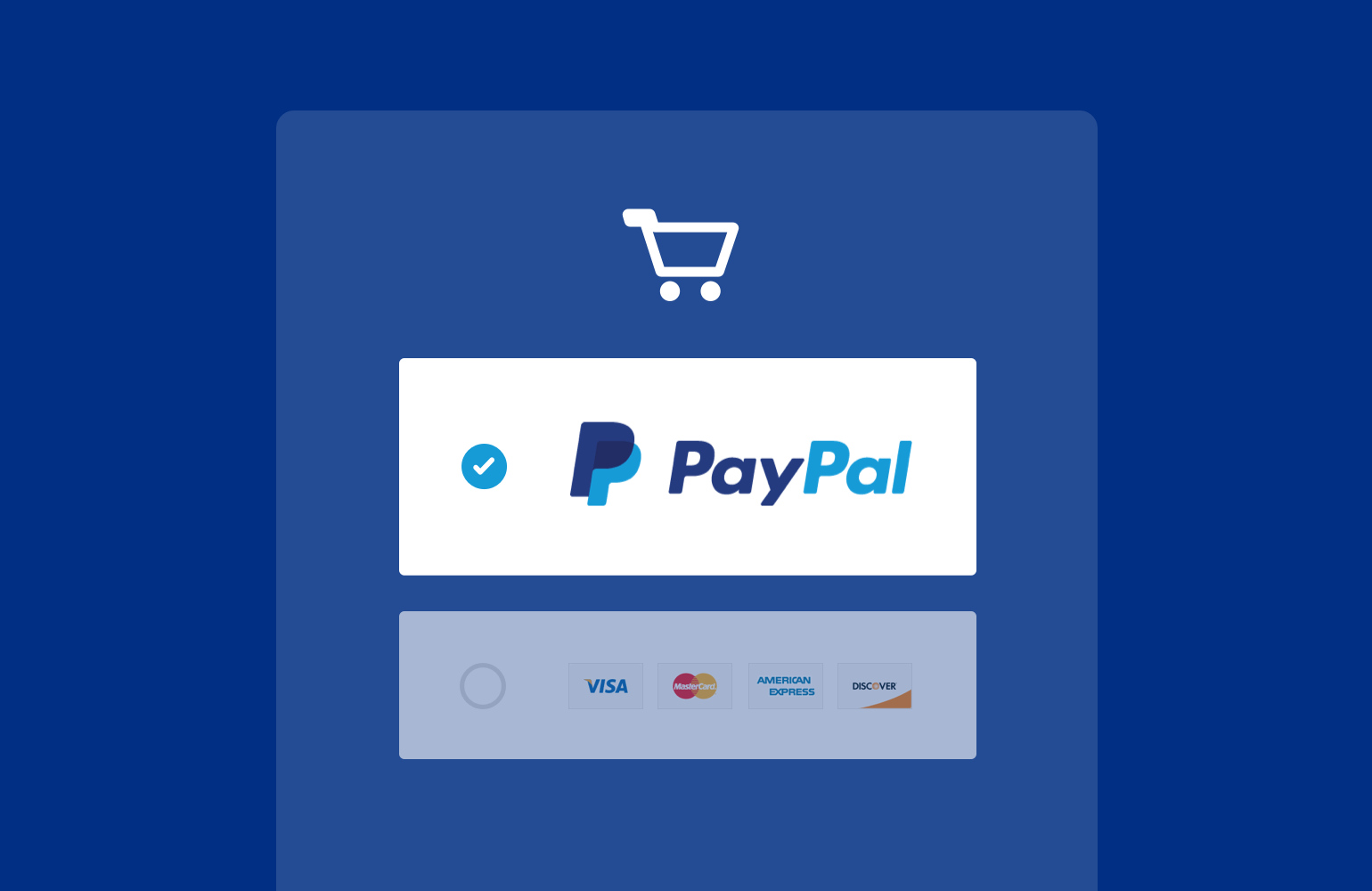Payment processor
Get started with RechargeWhat is a payment processor?
A payment processor is a third-party company that manages commercial transactions by securely transmitting payment data between the customer, merchant, acquiring bank, and issuing bank. Payment processors act like virtual cash registers: They enable a store to accept credit or debit card payments for the goods and/or services that it sells. Payment processors quickly relay a customer’s credit or debit card information in real-time to the banks of both the customer and the merchant. If the payment information provided is valid, the charge goes through. Security measures such as encryption or tokenization are crucial in payment processing to ensure that fraudulent transactions do not go through.
Connecting the payment processing company, merchant account, and payment gateway
In order for businesses to accept credit card and debit card payments, they need a designated bank account to put those payments, also known as a merchant account. A payment gateway, meanwhile, is essential for securely enabling credit and debit card payments made online. The payment gateway technology uses data encryption to securely connect the customer’s bank account to the merchant account.
Relevant articles

Using PayPal + other credit card processors in tandem
Chase Alderton November 12, 2019 Nov 12, 2019

SCA: What it means for subscription merchants
Chase Alderton September 13, 2019 Sep 13, 2019

